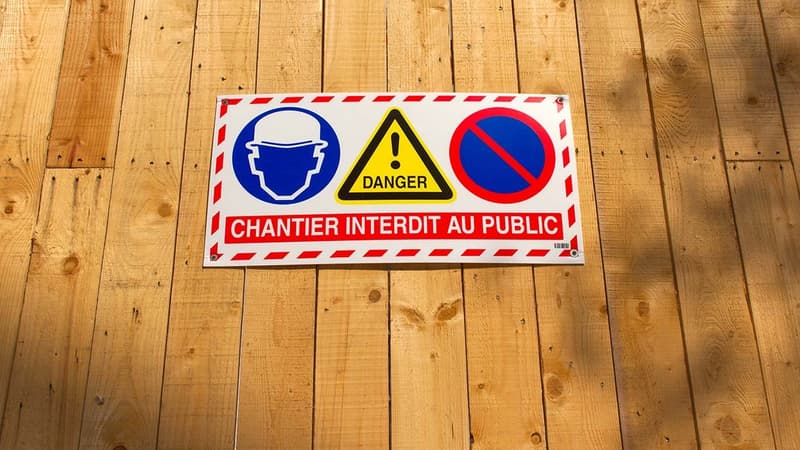Until then, the Court of Cassation ruled that the pension paid to the victims by the Social Security Fund compensated both the loss of professional income, the professional disability and the “permanent functional deficit” (the disability that the victims will suffer in their daily life ). lives).
But the Court found itself led to a plenary assembly to review its position: it heard two cases of workers exposed to asbestos in which the appeal courts, even recognizing the inexcusable fault of the employer, had expressed divergent positions on the compensation of the victims.
In this ruling issued on January 20 and published on its website, the Court considers that the pension paid to the victims, which is established in relation to their reference salary and the final state of their consequences, “does not compensate their functional performance “. permanent deficit, that is, the physical and moral suffering that they experience later in the course of their daily lives”.
unforgivable mistake
In the event of permanent disability, the pension paid to the worker is calculated in relation to the degree of disability and the salary received by the insured during his professional activity.
For example, when permanent disability has been set by the Social Security Fund at 30%, the pension is equal to 15% (the rate is divided by 2 according to current regulations) of the reference salary.
If the worker proves that the employer has not complied with his security duty, then the latter can be recognized as having committed “an inexcusable offense.” In this case, the amount of the annuity is increased, up to 30% in the previous example.
Following the Court’s decision, victims will therefore be able to obtain additional compensation. In one of the two cases on which the Court intervened, the amount at stake thus amounted to 70,000 euros.
“This is a fundamental sentence, because it makes it much more profitable for the victim to initiate a procedure for the recognition of inexcusable guilt,” François Desriaux, president of Andeva (National Association for the Defense of Asbestos Victims) told AFP.
“This does not concern only asbestos workers, but all victims of work accidents or occupational diseases, such as musculoskeletal disorders for example, in which the employer is at fault,” he insisted.
Source: BFM TV


